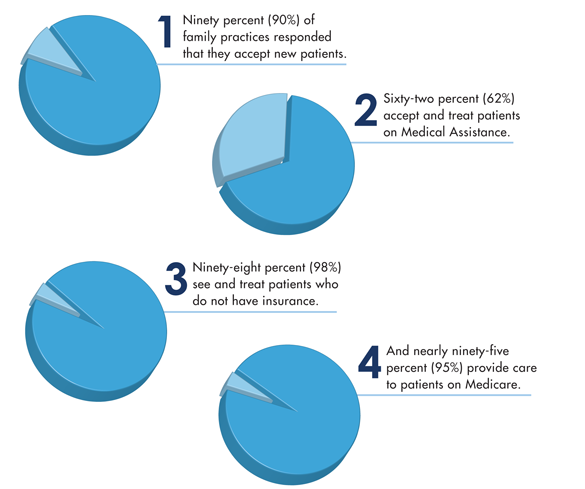Physicians’ views about health care costs are germane to pending policy reforms.
Objective To assess physicians’ attitudes toward and perceived role in addressing health care costs.
…
Results A total of 2556 physicians responded (response rate = 65%). Most believed that trial lawyers (60%), health insurance companies (59%), hospitals and health systems (56%), pharmaceutical and device manufacturers (56%), and patients (52%) have a “major responsibility” for reducing health care costs, whereas only 36% reported that practicing physicians have “major responsibility.” Most were “very enthusiastic” for “promoting continuity of care” (75%), “expanding access to quality and safety data” (51%), and “limiting access to expensive treatments with little net benefit” (51%) as a means of reducing health care costs. Few expressed enthusiasm for “eliminating fee-for-service payment models” (7%). Most physicians reported being “aware of the costs of the tests/treatments [they] recommend” (76%), agreed they should adhere to clinical guidelines that discourage the use of marginally beneficial care (79%), and agreed that they “should be solely devoted to individual patients’ best interests, even if that is expensive” (78%) and that “doctors need to take a more prominent role in limiting use of unnecessary tests” (89%). Most (85%) disagreed that they “should sometimes deny beneficial but costly services to certain patients because resources should go to other patients that need them more.” …
JAMA Network | JAMA | Views of US Physicians About Controlling Health Care Costs

